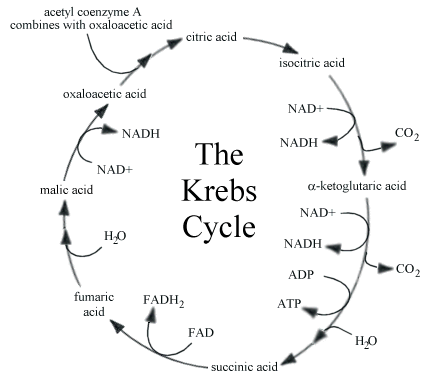There seems to be a lot of confusion on the whole electrolytes issue. An electrolyte is any sort of ion. The most common of these (biologically) are sodium and potassium, while the source of sodium is, of course, table salt. A source of confusion when discussing these things is the word “salt” - a salt is simply an ionic compound, while to most people it just means table salt. So while your body does need “salts”, it needs more than just table salts…it needs things like potassium salts as well.
Electrolytes such as sodium and potassium are very important in the body for muscle function, as your body depends on ions for transmitting signals and maintaining osmotic balance. Without ions, your muscles can’t function correctly. Osmotic balance has to do with concentration gradients…
-
The concentration of salt in the cells is greater than the concentration outside the cells. This situation is when the cells are starting to get dehydrated, and you’ve just taken a big drink of water. The water will then be asborbed into the cells due to the osmotic potential.
-
The concentration of salt in the cells is less than the concentration outside the cells. In this situation your body can’t absorb water because the osmotic potential goes the other way…water tends to leave to cells to equalize the concentrations.
So it is apparent that salts play a very important role in hydration…without enough salt your body can’t absorb water; this lack of sodium is called hyponatremia or water intoxication.
Sports drinks, besides providing electrolytes, also provide simple carbohydrates, such as sugar (glucose) for energy. This is not the same thing as fat for energy, feel the light. Glucose can be metabolized very quickly for energy, while fat is metabolized very slowly. Fat must be reduced over time, and cannot be relied on for energy during periods of intense exertion.
That being said, I’m not sure how necessary sports drinks are for during the excercise, as opposed to afterwards for recovery. I am inclined to believe that the “boost” they provide is the glucose, as wikipedia mentions that “It is really not necessary to replace losses of sodium, potassium and other electrolytes during exercise since it is unlikely that a significant depletion the body’s stores of these minerals will occur during normal training.” (http://en.wikipedia.org/wiki/Electrolytes#Sports_drinks)
On the other side of the argument, a few times after a hard ride, my bike shorts feel really salty from the sweat, though I doubt it is 500mg of salt, as suggested in the sports drink recipe earlier in this thread.


